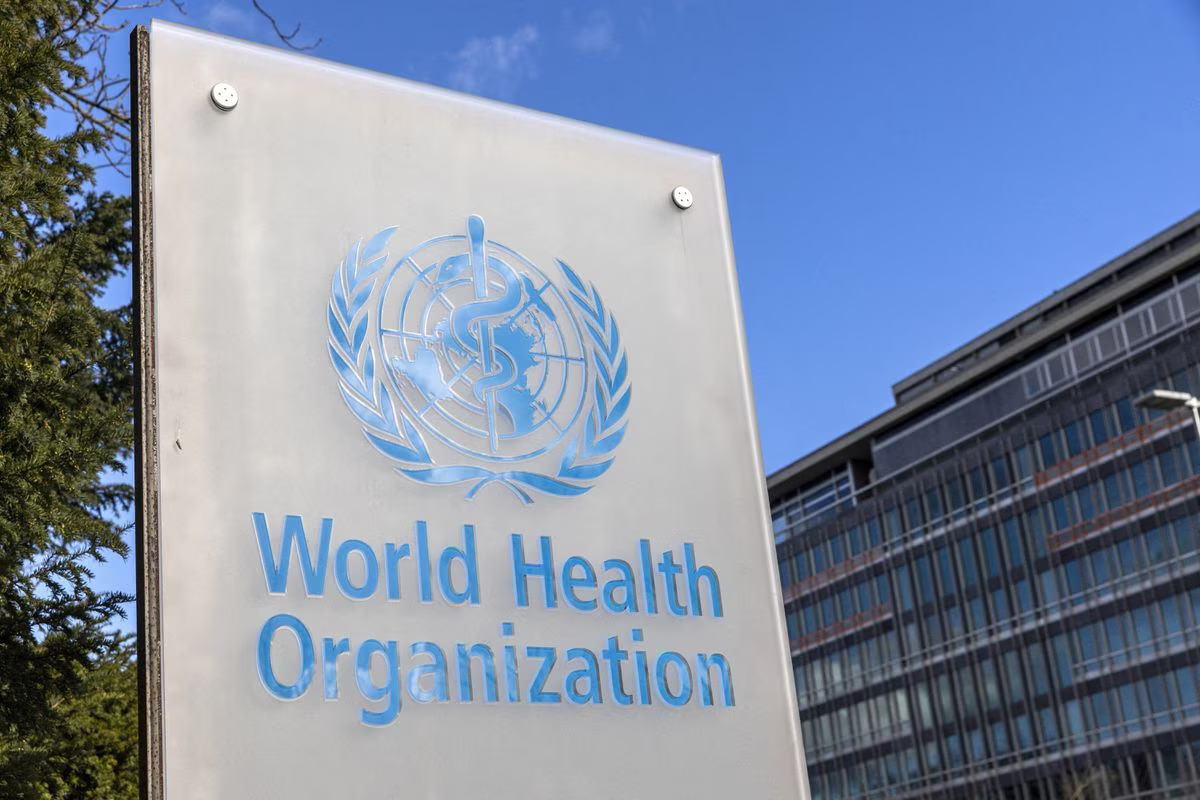The World Health Organization (WHO) has reached out to Indian authorities for assistance in uncovering the origins of a contaminated cough syrup that has been linked to the tragic deaths of children in Cameroon.
The U.N. agency issued a warning on July 19 regarding a syrup called Naturcold, which was distributed in Cameroon and has been associated with at least six children's deaths by local authorities. The WHO's investigation revealed that the syrup contained alarmingly high levels of the toxic contaminant diethylene glycol.

Interestingly, the manufacturer of Naturcold, listed as Fraken International (England), appears to be non-existent, as per the information provided by the UK regulator to WHO.
In response to the alert, the WHO has sought cooperation from India's regulatory authorities, requesting their assistance in reaching out to Indian companies that might be involved in the production or distribution of the contaminated syrup. Other countries have also been contacted to aid in the investigation, as the global health agency works to unravel this concerning case.
This is not the first time that such a toxic syrup incident has occurred. Over the past few months, the WHO has issued several similar warnings concerning contaminated cough syrups being sold worldwide, leading to devastating consequences.
In 2022, these dangerous medicines were linked to the tragic deaths of more than 300 children in countries such as Gambia, Uzbekistan, and Indonesia. Additionally, earlier this year, an alert highlighted contaminated medicines found in the Marshall Islands and Micronesia, though no fatalities were reported from these locations. The WHO has expressed grave concern over the ongoing threat posed by such toxic syrups.
Notably, each of these hazardous syrups has been manufactured by different companies, with three of the four incidents involving Indian-made products. The deaths in Indonesia were linked to domestically-produced syrups.
Given this recurrent pattern, the WHO considers it of utmost importance to collaborate with Indian authorities in delving deeper into the incident in Cameroon. Previous efforts to investigate the cough syrup incidents and their supply chains have been hampered by a lack of cooperation and information from Indian authorities and drug manufacturers.
As the situation unfolds, both Indian and Cameroonian officials have yet to provide any immediate response to media requests for comment.
Follow Daryo's official Instagram and Threads pages to keep up to date on world news.
Comments (0)